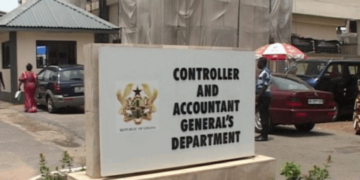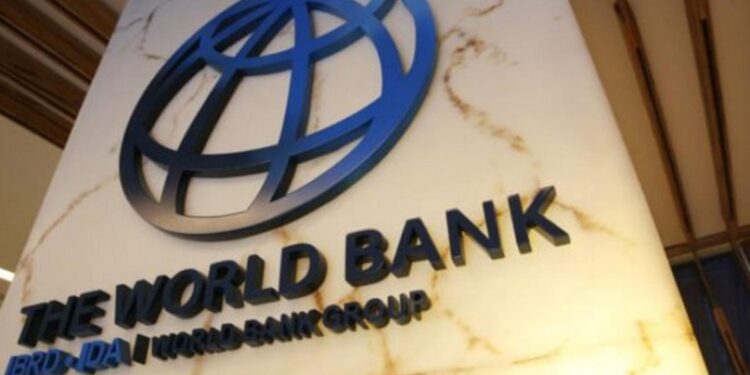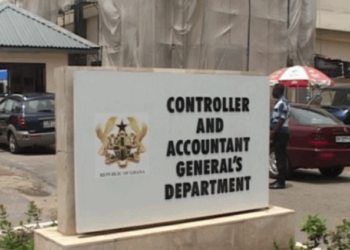According to the World Bank’s January 2023 Global Economic Prospects report, the Ghanaian economy would grow by 2.7% in 2023, lower than the Sub-Saharan Africa average of 3.6%.
It does, however, predict the economy to increase by 3.5% in 2024, as it did in 2022.
According to the World Bank, the Ghanaian economy has been grappling with several setbacks, including mounting public debt, increased inflation (50.3% in November 2022), and a depreciating currency (38.8% in 2022), which is why it is requesting IMF assistance. This, it claims, will have an impact on private sector development in 2022 and will continue this year.
In 2022, increased input costs as a result of high fuel and raw material prices hit the private sector once again. According to the Ghana Statistical Service, the economy slowed in the third quarter of last year, rising by 2.9%.
“New orders and output have been trending down for many months. Rising input costs, on the back of high fuel and raw material prices, compelled businesses to cut workers for the first time in about a year”, it explained.
As a result, it is hardly unexpected that the government has set a 2.8% growth target for this year.
The growth rate of 60% of SSA nations has been revised lower.
Read Also: Alan Kyerematen officially declares desire to run for NPP flagbearership race
Meanwhile, the World Bank has published a lower revision for Sub-Saharan Africa (SSA) growth for about 60% of nations, including Ghana.
It stated that the region’s economic development will be hampered by the slowing of growth.
“Growth in SSA is expected at 3.6% in 2023 and 3.9% in 2024. Compared to the June [2022] forecast, growth was revised down for almost 60% of countries, including downward revisions for over 70% of metal exporters which are expected to be affected by the further easing of global metal prices. Even as cost of living pressures are anticipated to moderate, the negative impact of persistent poverty and food insecurity on growth, amplified by other vulnerabilities, such as unfavorable weather, high debt, policy uncertainty, and violence and conflict are anticipated to keep the pace of recoveries subdued in many countries”
Senegal is anticipated to be the fastest-growing economy in Sub-Saharan Africa in 2023, with a 7.1% growth rate.
10 countries in SSA with high growth rates
| COUNTRY | GDP |
| Senegal | 8.0% |
| Niger | 7.1% |
| Côte d’Ivoire | 6.8% |
| Rwanda | 6.7% |
| Congo, Dem. Rep. | 6.4% |
| Benin | 6.2% |
| Togo | 5.6% |
| Uganda | 5.5% |
| Mauritius | 5.5% |
| Ethiopia | 5.3% |
| Guinea | 5.3% |
Economy slows down in quarter 3, 2022 – GSS
Ghana’s GDP grew at its slowest rate in two years in the third quarter of 2021, according to statistics from the Ghana Statistical Service (GSS).
According to the GSS, the country’s economy would grow at a 2.9% annual rate in the third quarter of 2022.
This is less than the 4.7% GDP growth achieved in the second quarter of 2022.
SOURCE: myjoyonline


























